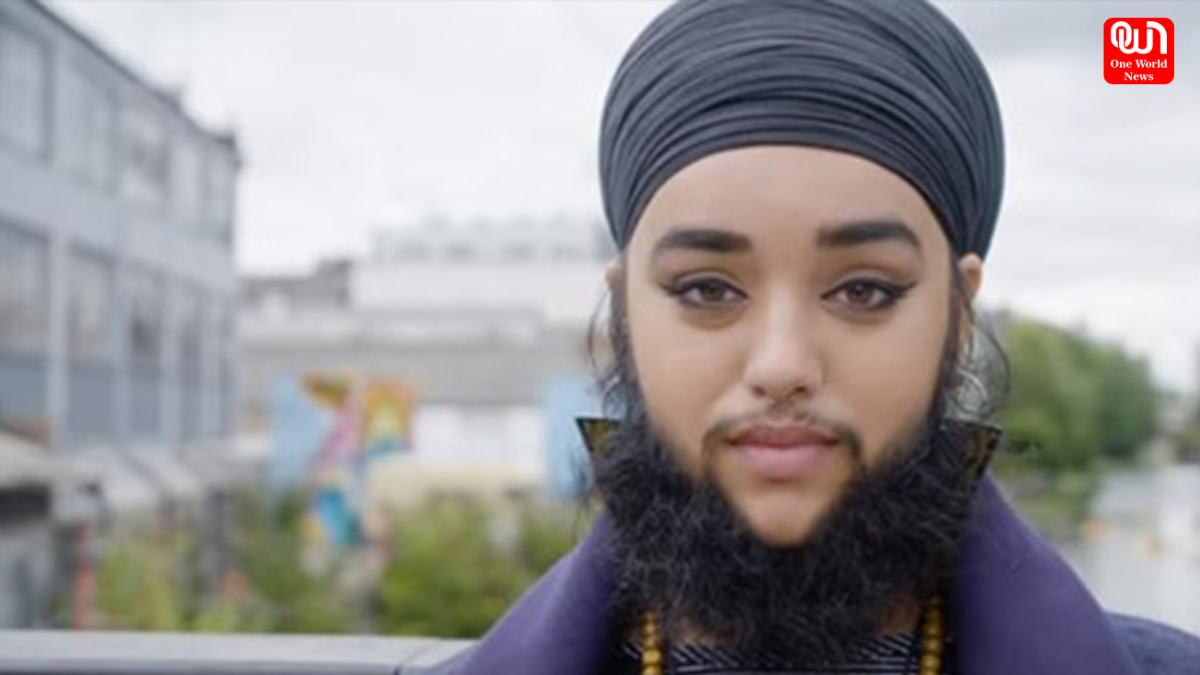‘I’m A Girl, But Was Called A Man’: Understanding The Truth Behind Facial Hair In Women And The Power Of Self-Acceptance
Facial hair in women is often misunderstood. Learn how PCOS and hormonal issues cause it, and how women like Prachi Nigam and Harnaam Kaur fight the stigma.
Facial Hair in Women Isn’t a Flaw: How Prachi Nigam and Harnaam Kaur Are Challenging Stereotypes and Spreading Awareness About PCOS and Hirsutism
Beyond being openly criticized by the masses for not looking beautiful in the so-called conventional manner, young girls, young girls are often subjected to a barrage of unkind comments. A case in point is Prachi Nigam, an extraordinarily bright student from Uttar Pradesh, who scored a whopping 98.50% in UP Board 10th exams and became a target of trolls, whose focus was not on Prachi’s intelligence but her facial hair.
It is particularly sad that this is just one of many such cases involving girls judged for flaunting somewhat prominent facial hair, which medically is called hirsutism. Fair or unfair, the comments will continue, as people tend to lack knowledge regarding the underlying causes. However, some girls, not including Prachi, just pick themselves up.
Read more: 5 Easy DIY Hair Masks to Keep Your Hair Healthy and Shiny This Summer
Among the many wonderful stories of resilience in this regard, Harnaam Kaur, in the UK, is an icon for strength and body positivity. Excessive hair growth began for Harnaam at the age of 11, at the onset of puberty. A medical evaluation said she was diagnosed with Polycystic Ovary Syndrome (PCOS)—a hormonal disorder with excess androgens (male hormones), causing facial hair in her case.
It has taken its toll on her emotionally. Harnaam suffered bullying, mockery, and insults, name-calling that eroded any sense of dignity that she possessed and left her deeply wounded. The bullying became so intense that she almost ended her life. But after years of internal suffering, Harnaam found her strength, stopped hiding her facial hair, and embraced her identity.
Her choice was more than personal; it was revolutionary. Harnaam asserted that she was not going to play by anyone else’s rules of beauty. She held her head high with pride in her beard, thus promoting awareness of PCOS as well as the emotional trauma due to hirsutism. Her story gained her worldwide recognition, including the cover of Glamour UK in 2020. The cover boldly quoted her: “Society wonders: how dare I create my own rules for being a woman?”
Read more: Paws & Reflect: Celebrating the Love and Legacy of National Pet Day
Although hirsutism is not dangerous, it may be an indication of an underlying health condition such as PCOS. Besides PCOS, facial hair in women can also be caused by hereditary factors, certain medicines like steroids, hormone therapies, and a few antidepressants. These factors cause an increase in androgen levels, and hair begins to grow in typical male-pattern areas, like the chin, upper lip, chest, and back.
Fortunately, hirsutism can be treated. With proper medical management, lifestyle modification, and therapeutic intervention, the signs of PCOS and related hormonal disorder can be kept in check. But perhaps more importantly, awareness, empathy, and acceptance of these conditions need to be amplified.
Harnaam Kaur and Prachi Nigam remind us that true strength lies not in looking certain ways but in embracing who we are. Their stories are powerful examples of how courage and self-acceptance can silence the fiercest reproaches. The time has come to see femininity outside of the restrictive stereotype of a clean-shaved face and begin to appreciate women for their intelligence, indignation, and individuality.
We’re now on WhatsApp. Click to join.
Like this post?
Register at One World News to never miss out on videos, celeb interviews, and best reads.








